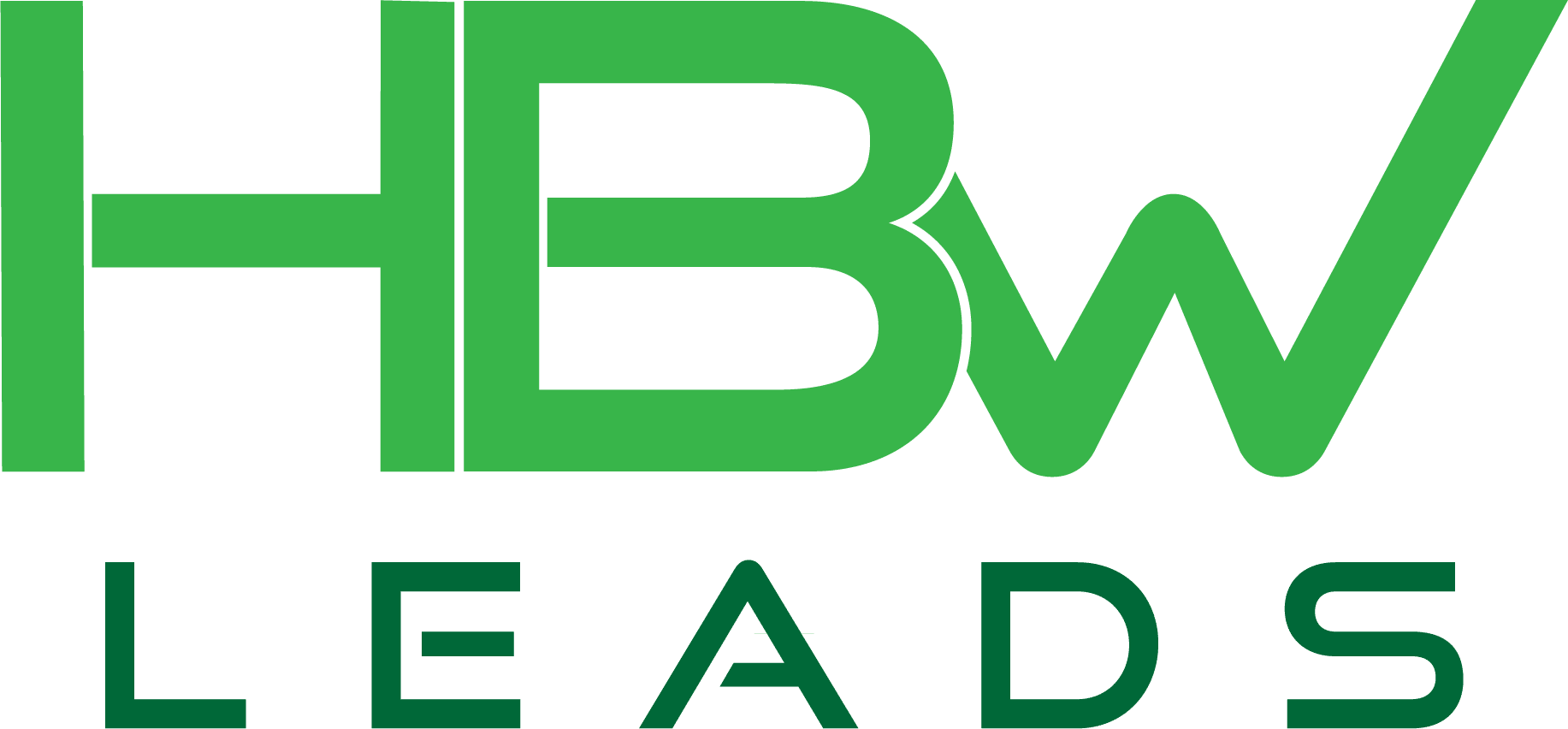Hiring insurance agents is vital for the growth and reputation of any insurance company. Here’s what to look for in your next agent.
Are you hiring insurance agents? These professionals are more than just salespeople; they are the ambassadors of your brand and the primary contact for your clients. The ability to effectively sell, empathize, and understand complex insurance products is crucial in this role. In a competitive market, the quality of your agents can set you apart, ensuring customer satisfaction and loyalty.
Of course, an insurance agent’s primary role involves selling policies and understanding and addressing clients’ diverse needs. They’re responsible for explaining policy details, assisting clients in making informed decisions, and ensuring clients feel valued and understood. Agents must also manage ongoing client relationships, handle policy renewals and claims, and serve as a bridge between the client and the insurance company. A good agent is adept at multitasking, managing multiple clients simultaneously while providing personalized service to each.
Success in this role requires a blend of interpersonal, analytical, and technical skills. Agents must be excellent communicators, able to explain complex information quickly. They need a strong understanding of various insurance products, laws, and regulations. Staying current with industry developments and trends is also essential, as it allows agents to offer clients the most relevant and up-to-date advice. Agents with a balance of empathy and professionalism help ensure clients feel heard and supported while maintaining a business-focused approach.
This article will guide you through 12 essential tips for identifying and hiring insurance agents with the necessary skills, flair, and integrity that align with your company’s ethos.
12 Tips for Hiring Insurance Agents That Your Business and Your Customers Will Love
Tip 1: Look for Strong Communication Skills
Effective communication is vital in insurance sales, as agents must articulate complex information quickly. They must be adept listeners, understanding clients’ needs and concerns to offer tailored solutions. The ability to build rapport, explain policy details, and answer questions clearly and confidently can significantly impact client satisfaction and loyalty. Excellent communication skills extend beyond verbal interactions; they also encompass clear and concise written communication, essential for email correspondence and policy documentation.
Tip 2: Assess Sales Acumen
A skilled insurance agent combines innate sales talent with a deep understanding of client psychology. When hiring insurance agents, evaluate their skills through role-playing scenarios, assessing how they handle different sales situations. Look at their past sales achievements and how they achieved their targets. An agent’s ability to convert inquiries into sales, upsell or cross-sell policies, and retain clients through effective relationship management are critical indicators of solid sales acumen.
Tip 3: Check for Industry Knowledge
An agent must have a deep understanding of insurance products, services, and the nuances of different policies. They should be well-versed in the types of insurance your company offers, including any unique features or benefits. Keeping abreast of industry changes, new products, and legislative updates is also essential. This knowledge helps provide accurate information to clients and builds the agent’s credibility and trustworthiness.
Tip 4: Value Emotional Intelligence
Emotional intelligence is crucial in understanding and responding to clients’ needs and concerns. It allows agents to connect with clients more profoundly, fostering trust and long-term relationships. Agents with high emotional intelligence can better handle sensitive conversations, manage client expectations, and navigate the emotional landscapes of different clients. This skill is essential in situations involving claims or disputes, where empathy and understanding can significantly influence client satisfaction.
Tip 5: Prioritize Organizational Skills
Organizational skills are vital to efficiently manage client information, policy details, and follow-up schedules. An organized agent can handle a high volume of clients without compromising the quality of service. They are proficient in using CRM systems and other organizational tools to keep track of client interactions, policy renewals, and important dates. This improves efficiency and ensures that each client receives timely and personalized attention.
Tip 6: Consider Adaptability and Flexibility
The dynamic insurance market requires agents to adapt quickly to new products, regulations, and client needs. Flexibility in approach and thinking allows agents to provide solutions that align with current market trends and client expectations. Adaptable agents are more likely to embrace new technologies and methodologies, keeping your agency competitive and forward-thinking. They are skilled at navigating uncertain situations and can pivot strategies to align with changing industry landscapes.
Tip 7: Verify Licensing and Credentials
It’s essential to ensure that candidates have the necessary licensing and meet all regulatory requirements for selling insurance in your region. Verify their credentials and check for any continuing education they’ve undertaken to stay current in their field. An agent’s commitment to maintaining their license and professional development speaks volumes about their dedication to their career and adherence to industry standards. This protects your company legally and assures clients of the agent’s professionalism and expertise.
Tip 8: Seek Out Strong Networking Abilities
An agent’s ability to network effectively is critical to expanding and maintaining a robust client base. When you’re in the process of hiring insurance agents, look for active individuals in community events, professional associations, and social platforms. Agents skilled at networking can tap into a wider pool of potential clients and are often more effective at referral marketing. Their ability to build and maintain relationships is not limited to clients but extends to other industry professionals, which can be invaluable for business growth and reputation.
Tip 9: Evaluate Problem-Solving Skills
Problem-solving skills are crucial for efficiently addressing and resolving clients’ queries and concerns. Agents should be able to think on their feet and offer practical solutions to various issues that clients may face. This capability is critical in handling claims or disputes, where timely and effective resolution is vital to maintaining client trust. An agent’s ability to navigate complex situations and offer satisfactory solutions can significantly enhance client retention and satisfaction.
Tip 10: Look for a Proactive Approach
Proactive agents go beyond responding to client needs; they anticipate them and take action before they become issues. This forward-thinking approach involves regularly reviewing client policies, suggesting updates or changes, and informing clients about new opportunities. A proactive agent keeps clients engaged and informed, enhancing client satisfaction and positioning the agent as a trusted advisor rather than just a salesperson. Such agents are often more successful in retaining clients and garnering referrals.
Tip 11: Test for Technological Proficiency
Agents should be comfortable using CRM systems, online communication tools, and other technological platforms that enhance efficiency and client service. It is crucial to their ability to adapt to new technologies and leverage them for better client management and service delivery. Tech-savvy agents can provide more streamlined and accessible services to clients, meeting the expectations of a modern customer base.
Tip 12: Gauge Passion for Continuous Learning
The best agents have an unquenchable thirst for knowledge and stay abreast of industry changes, advancements, and best practices. Look for agents committed to continuous learning through formal education, workshops, or self-study. This commitment keeps them knowledgeable and energizes their approach to their work, ensuring they bring fresh ideas and perspectives to their role. An agent who is always learning is better equipped to provide up-to-date advice and solutions to clients.
In conclusion, hiring insurance agents is a multifaceted process that involves assessing various skills, personality traits, and values. The 12 tips outlined in this article provide a comprehensive guide to identifying technically proficient candidates who embody the personal attributes essential for success in the challenging yet rewarding field of insurance sales. Following these tips, you can build a team of skilled, dedicated, and passionate agents to drive your company’s success and ensure client satisfaction.
Get your new (and seasoned!) agents started on the right foot with a list of exclusive leads. Our leads are pre-qualified, so all the hard prospecting work is done for you. Sign up for HBW Leads today!


